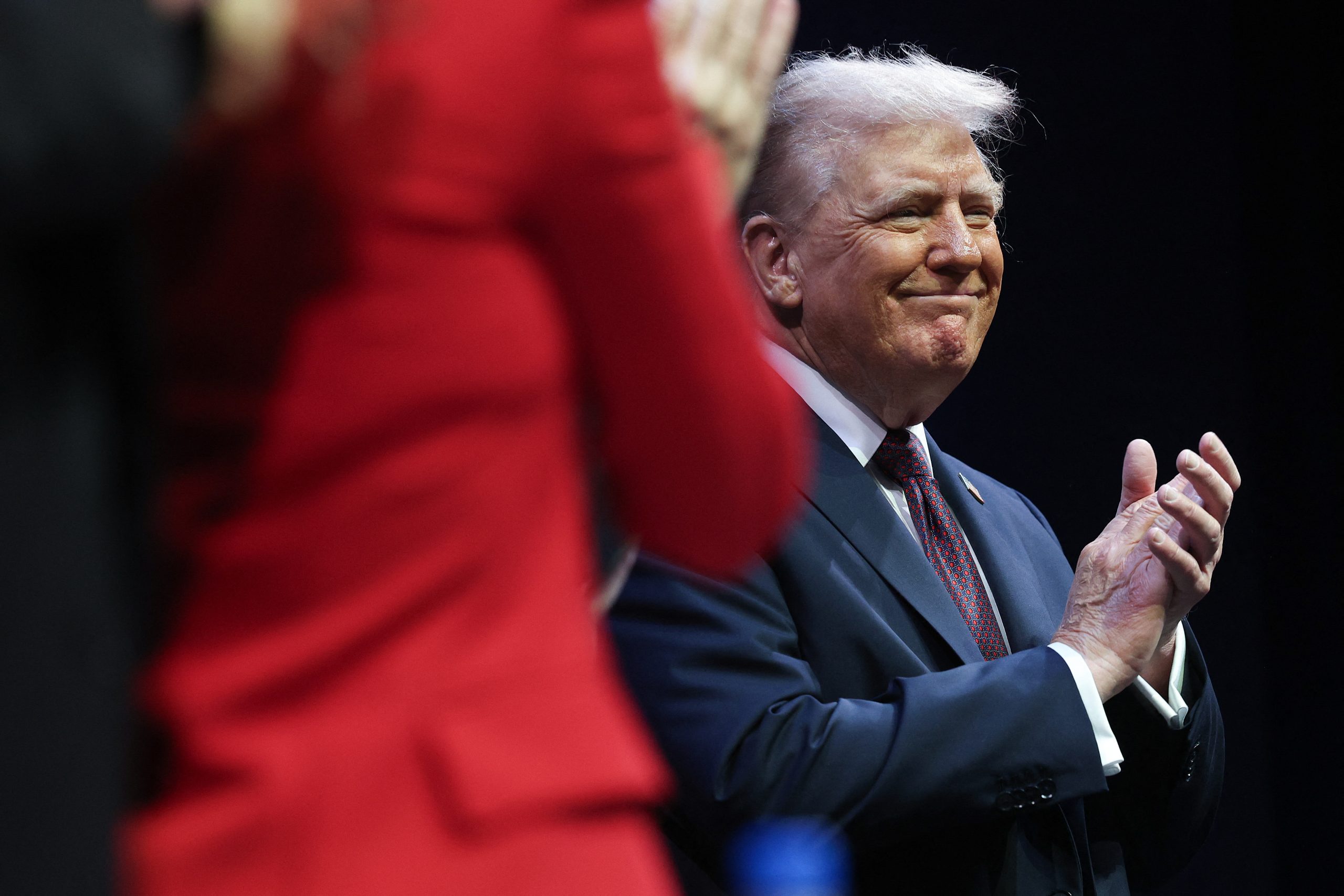The Biden administration has opposed a proposal to institute a worldwide tax on the assets of the ultrawealthy, a plan under consideration by some G20 member nations.
U.S. Treasury Secretary Janet Yellen made the administration’s stance clear, emphasizing the U.S. commitment to progressive taxation, where the wealthy contribute a larger share of their income compared to individuals with lesser means, according to Voice of America.
Yellen expressed skepticism about the feasibility of implementing a global tax on billionaires and redistributing the proceeds, stating that such a plan is not something the United States can support.
“It’s not that I have any objection to imposing a reasonable level of taxation, and certainly a minimum level of taxation on very-high-income individuals in the United States. I don’t favour this particular formulation of how to go about doing that,” Yellen said.
France continues to push for governments to negotiate rules akin to those agreed upon by around 140 countries for a minimum levy on corporations and rules for taxing the world’s largest digital firms. French Finance Minister Bruno Le Maire, ahead of the G20 meeting, reiterated his commitment to this cause.
“For seven years as finance minister, I have fought for tax on digital giants, for a minimum tax on corporations,” Le Maire said. “I’m planning to fight with the same determination for a minimum tax on the world’s biggest fortunes.” The proposed rate for this wealth tax might be close to 2 percent.
The U.S. position presents a significant obstacle to the proposal’s implementation, despite support from leaders of other major economies such as France and Brazil. Yellen’s remarks indicate a departure from the administration’s earlier support for a global minimum tax on international businesses, a measure she played a pivotal role in brokering during President Joe Biden’s term.
The proposed tax on billionaire wealth aims to curb tax avoidance strategies employed by the ultrawealthy, who often transfer assets across borders or to tax havens beyond the reach of their home-country tax authorities.
By shifting the focus from income to wealth taxation, the plan seeks to prevent billionaires from exploiting investment strategies that yield substantial wealth with minimal taxable income.
Economist Gabriel Zucman, Director of the European Union Tax Observatory, advocates for international coordination to address the regressive nature of current taxation systems, which often result in lower effective tax rates for billionaires compared to average taxpayers.
Zucman proposes a 2% annual tax on the wealth of approximately 3,000 billionaires worldwide, estimating it could generate $250 billion in annual revenue.
Support for the proposal extends beyond economists, with MIT professor Esther Duflo advocating for both the 2% tax on billionaire wealth and a global tax on international businesses.
Duflo argues that the proceeds should be directed towards helping developing nations adapt to climate change, framing it as a moral obligation for wealthy nations to contribute their fair share.
While proponents emphasize the need for international cooperation to address economic inequality and environmental challenges, opposition from influential stakeholders like the United States underscores the formidable hurdles facing the proposal.
Despite endorsements from countries like France and Brazil, the path to implementing a global tax on billionaire wealth remains uncertain, highlighting the complexities of international taxation and the divergent interests of participating nations.









